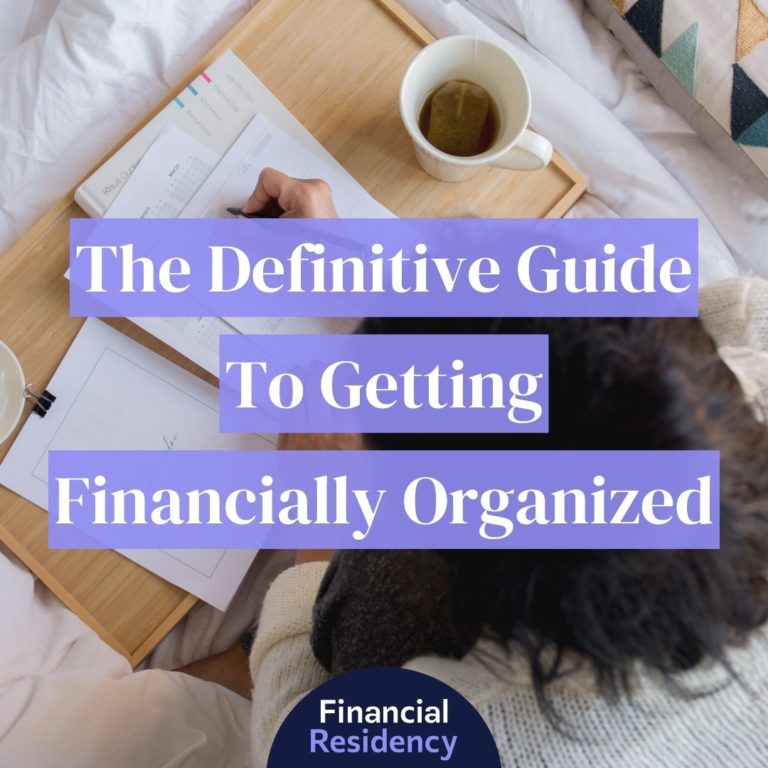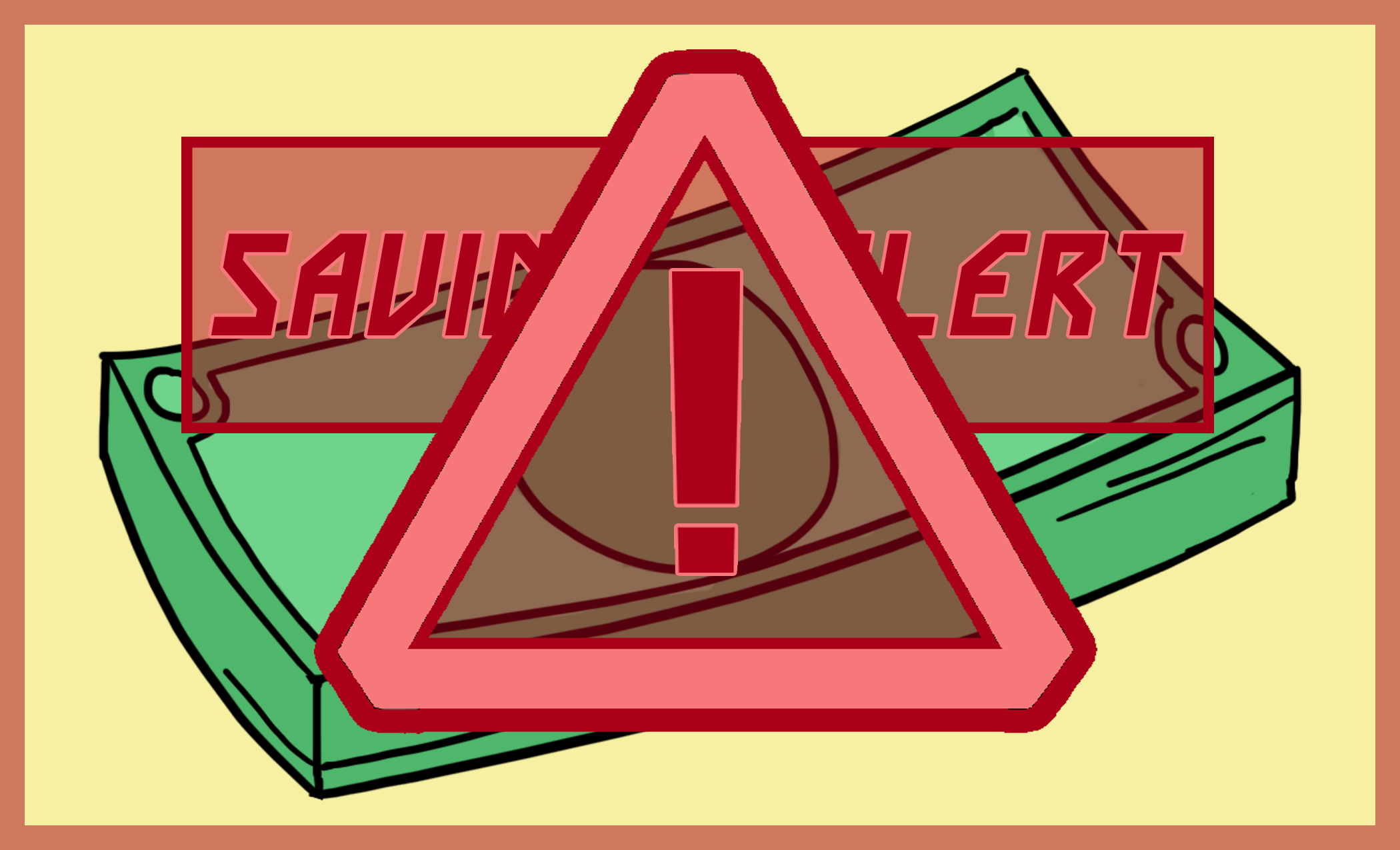 Personal Finance Basics
Personal Finance Basics
Topic:
Personal Finance Basics
We know we need to get our financial lives in order but, like so many of us, maybe you just aren’t quite sure where to begin. Between your unpredictable schedule, student loans, and bills coming at us every day, it’s tough to stay on top of everything. How can you possibly begin to get your financial life in order when your medical career is dominating your life right now? The answer is simple. One step at a time.
 Personal Finance Basics
Personal Finance Basics
 Personal Finance Basics
Personal Finance Basics
 Personal Finance Basics
Personal Finance Basics
 Personal Finance Basics
Personal Finance Basics
 Personal Finance Basics
Personal Finance Basics














